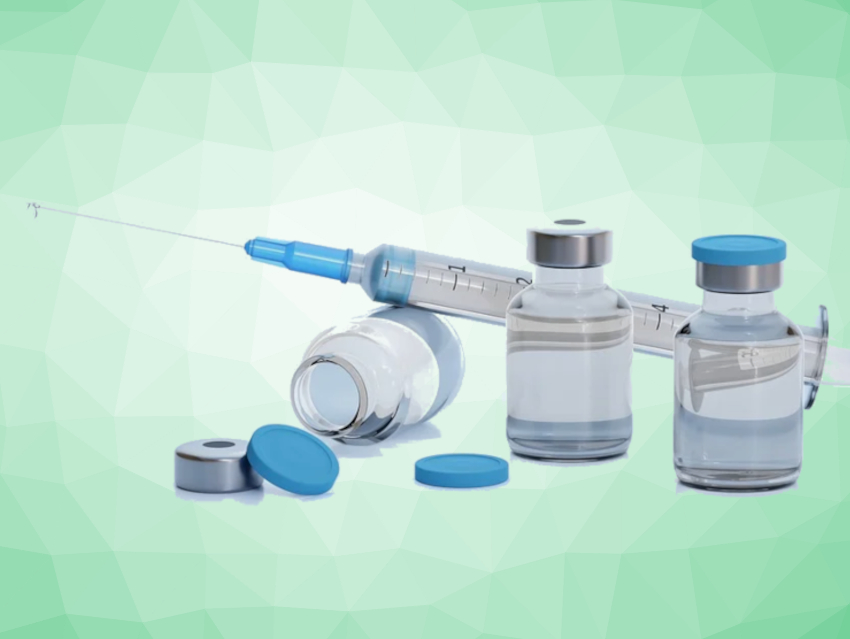Due to changing vaccine recommendations, some individuals have received different COVID-19 vaccines for their first and second doses. In some countries, many younger people had already received one dose of the AstraZeneca vaccine when rare cases of vaccine-induced immune thrombotic thrombocytopenia (VITT), a blood-clotting issue, were observed—mostly in younger people—and age limitations for the AstraZeneca vaccine were introduced. Thus, some of the affected individuals received “mixed” vaccinations in which the second dose is an mRNA vaccine, i.e., either the BioNTech/Pfizer or the Moderna vaccine. This is currently the recommended course in Germany for people under 60 years of age. However, data about the effectiveness of such a “heterologous” vaccination are still limited.
Martina Sester, Saarland University, Homburg, Germany, and colleagues have found that people who receive the AstraZeneca COVID-19 vaccine as their first dose and the BioNTech/Pfizer vaccine as their second dose show a significantly stronger immune response than those who receive the AstraZeneca vaccine for both doses. The team studied the immune response of 216 individuals two weeks after they had completed their vaccination series. Parts of the study cohort were given either two doses of the AstraZeneca vaccine, two doses of the BioNTech/Pfizer vaccine, or one dose of each vaccine. The team examined how many antibodies targeted at the SARS-CoV-2 spike protein the vaccinated subjects produced, as well as the effectiveness of the neutralizing antibodies.
They found that a combined AstraZeneca–BioNTech/Pfizer vaccination or a double dose of BioNTech/Pfizer led to similar antibody levels, which were both significantly higher than the levels after a double dose of the AstraZeneca vaccine. While the majority of individuals in the AstraZeneca–BioNTech/Pfizer and the BioNTech/Pfizer group showed 100 % inhibitory activity of the neutralizing antibodies, this activity was significantly lower in many subjects of the AstraZeneca group. This indicates that a double dose of the AstraZeneca vaccine is not able to mobilize the body’s immune responses as strongly as the other two vaccination regimens.
However, this does not mean that people who have received two doses of the AstraZeneca vaccine have an insufficient level of protection against the virus, as clinical trials show a high level of effectiveness. It might indicate that a second dose of AstraZeneca is not able to trigger the full potential of this vaccine, according to the researchers. The team also points out that people who are immunocompromised, i.e., individuals with pre-existing medical conditions whose immune defenses have been weakened, could potentially benefit from receiving a combination vaccine.
- Immunogenicity and reactogenicity of a heterologous COVID-19 prime-boost vaccination compared with homologous vaccine regimens ,
Tina Schmidt, Verena Klemis, David Schub, Janine Mihm, Franziska Hielscher, Stefanie Marx, Amina Abu-Omar, Sophie Schneitler, Sören L. Becker, Barbara C. Gärtner, Urban Sester, Martina Sester,
medRxiv 2021.
https://doi.org/10.1101/2021.06.13.21258859The research has been published as a preprint and has not yet been peer-reviewed. It should not be used to guide clinical practice or health-related behavior.
Also of Interest
- Collection: SARS-CoV-2 Virus
What we know about the new coronavirus and COVID-19




